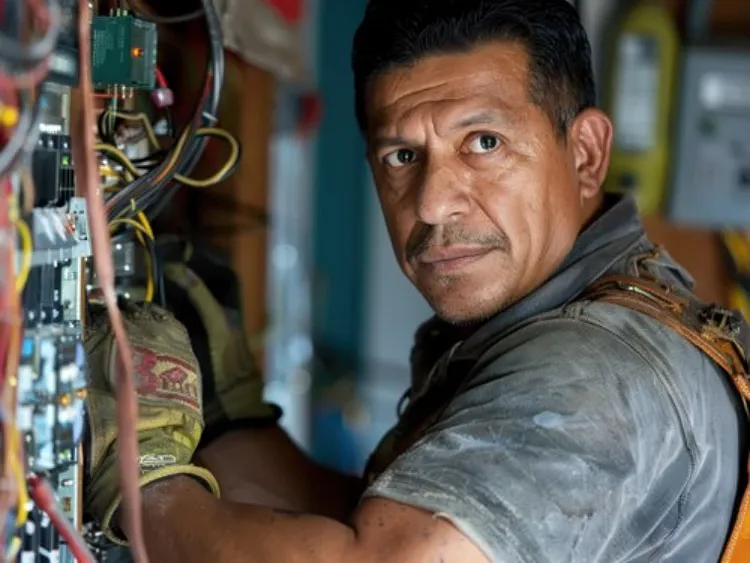Featured articles
<h5><span class="text-primary">The latest</span></h5>
Tailoring AI to consumers
<p><span class="text-primary">AI is shaping consumer experiences across sectors—from healthcare to life sciences. Explore where consumers seek AI, what they expect and how organizations adapt to meet evolving needs.</span></p>
Evolving challenges, emerging tech
<p>Understand the transformative impact of emerging technologies on today’s most significant global challenges.</p>
Deep dives
<p>See what’s shaping the future of business—and how you can stay ahead in a fast-changing world.<br> </p>
{"apiUrl":"/content/cognizant-dot-com/us/en/insights/insights-blog/jcr:content/root/container/ctscontainerwidthcon_1134858279/ctscontainerwidthcon_264703384/relatedsection.search.json","error":"Oops! There is an error in the search. Please try again","noData":"No Results found","variationType":"dynamic","target":"_self","tooltipEnabled":"false","tooltipColor":"tooltip-light","customLineClamp":"4","tag":["cognizant:topics/deep-dive"],"path":["/content/cognizant-dot-com/us/en/insights/insights-blog"]}
Technology in action
<p><span class="text-primary">Get actionable insights that help you strategically apply and implement technology to address your pressing needs and seize opportunities.</span></p>














